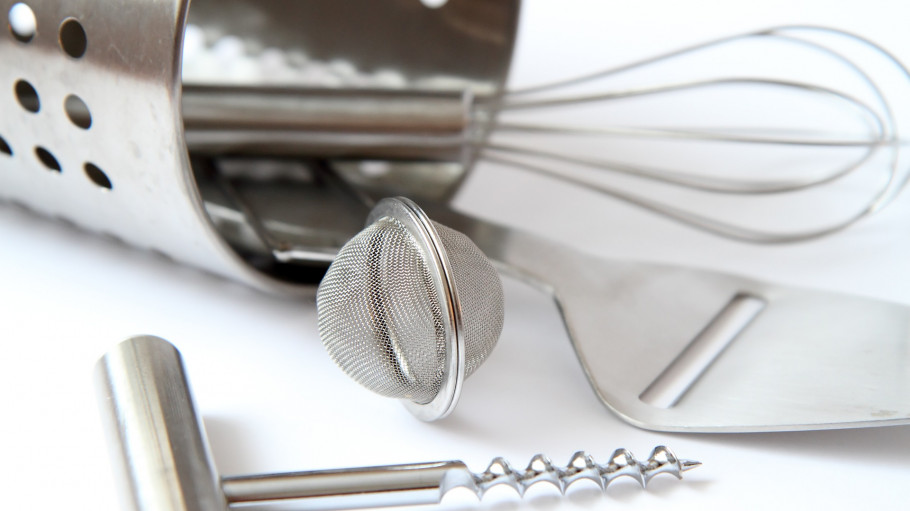
News » European Commission decision on SSCR major step forward in countering severe trade distortions
European Commission decision on SSCR major step forward in countering severe trade distortions
Recent updates

Brussels, 16 March 2022 – EUROFER welcomes the publication of the European Commission implementing regulation imposing definitive anti-subsidy measures on imports of stainless steel cold-rolled flat products (SSCR) originating in India and Indonesia. These measures are an important step forward in implementing the EU policy objectives for fair and free trade.
“The European Commission’s decision is a landmark achievement, as it ensures a level playing field for the EU stainless industry, and it is also fundamental in implementing the EU commitments towards sustainable and balanced trade”, said Axel Eggert, Director General of the European Steel Association (EUROFER).
The proceeding was initiated on 17 February 2021, following a complaint submitted by EUROFER. Its conclusions come after significative efforts by both the industry and the Commission to address major raw materials distortions in stainless steel resulting from state interventions in Eastern Asian countries.
These behaviours have granted undue competitive advantages to exporting producers on the EU market and created massive non-market overcapacities. At the same time, it should also be highlighted that the Sino-Indonesian capacities - 100% export-oriented - are relying on production processes which result in CO2 emissions that are around four times higher than Europe’s low carbon stainless steel production.
The Commission’s measures also consolidate the new course of the EU trade action in addressing China’s behaviour by tackling the support it grants to domestic companies along the Belt and Road Initiative. The Indonesian stainless steel industry is a prime example of the export of Chinese capacities to other countries: Indonesia went from zero stainless steel production in 2017 to the second worldwide capacities in 2022. Similar extensions of capacities have also occurred in India.
“Given the linkages between Indian and Indonesian exporting companies, it is essential that the European Commission remains vigilant with regard to any attempts to circumvent or absorb these measures", concluded Mr Eggert.
Strasbourg, 17 December 2025 – The European Commission’s latest proposals on the Carbon Border Adjustment Mechanism (CBAM), unveiled today, correctly identify several loopholes that risk undermining its effectiveness, notably regarding EU exports, downstream sectors and circumvention practices. However, despite these laudable efforts, the measures put forward fail to deliver a comprehensive and durable response to carbon and jobs leakage, warns the European Steel Association (EUROFER).
A milestone occasion to quickly and effectively restore affordable electricity, to relaunch the
decarbonization and strengthen the international competitiveness of the European steel
industry.
Brussels, 02 December 2025 – Unchanged negative conditions – U.S. tariffs and trade disruptions, economic and geopolitical tensions, protracted weak demand and still high energy prices – continue to weigh on the European steel market. EUROFER’s latest Economic and Steel Market Outlook confirms for 2025 another recession in both apparent steel consumption (-0.2%, unchanged) and steel-using sectors (-0.5%, revised from -0.7%). A potential recovery is expected only in 2026 for the Steel Weighted Industrial Production index (SWIP) (+1.8%, stable) and for apparent steel consumption (+3%, slightly revised from +3.1%) – although consumption volumes would still remain well below pre-pandemic levels. Steel imports retained historically high shares (27%), while exports plummeted (-9%) in the first eight months of 2025.